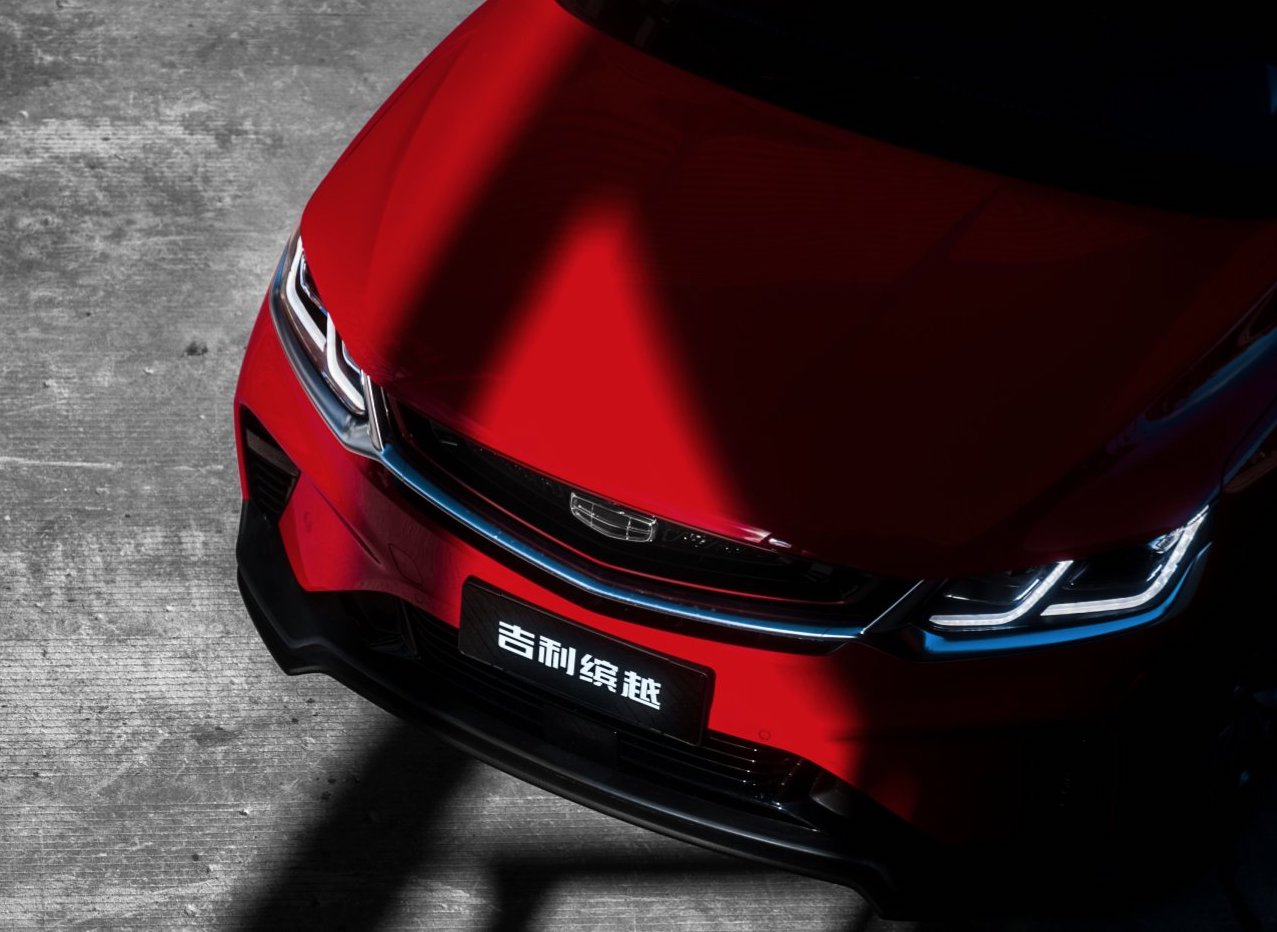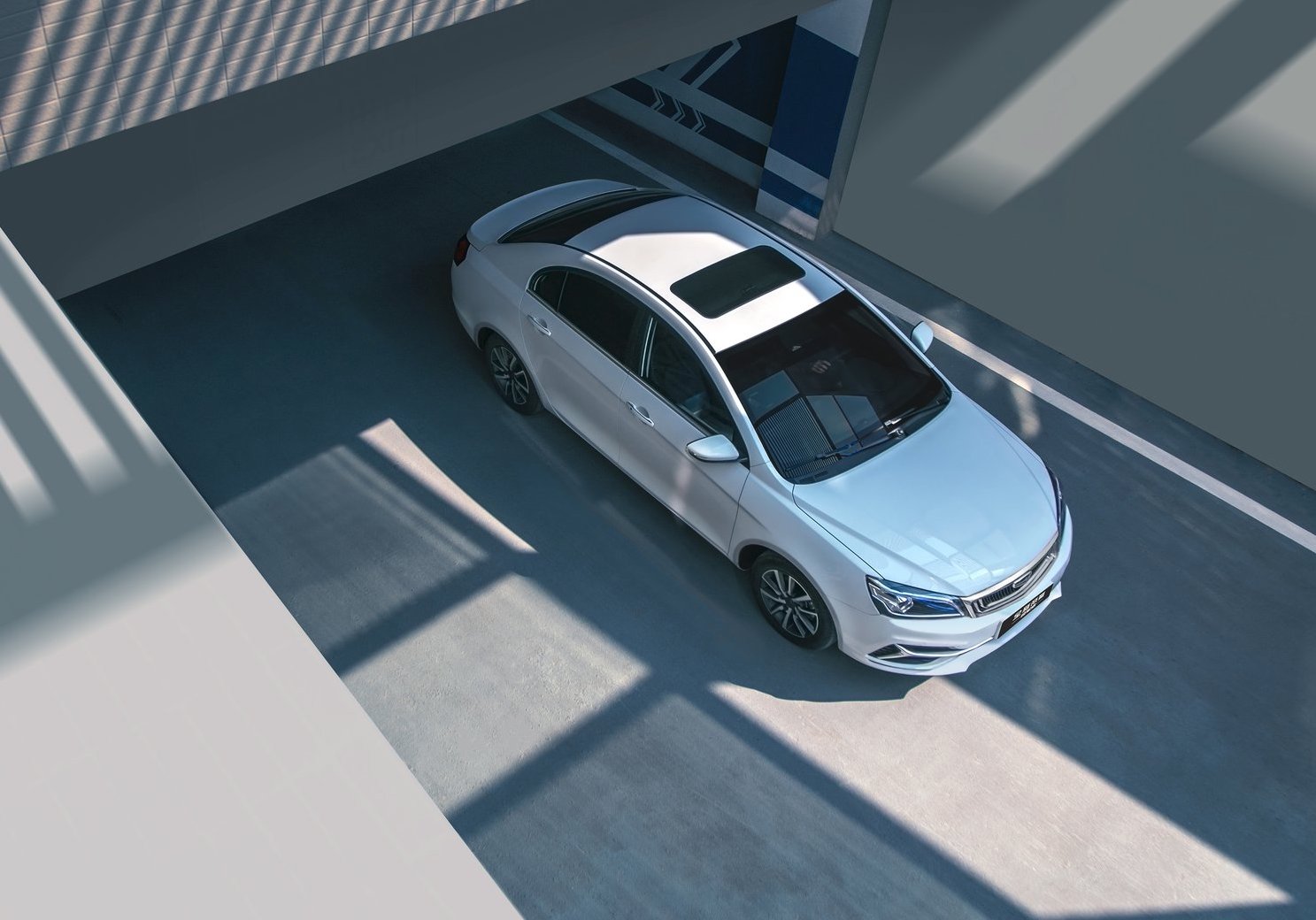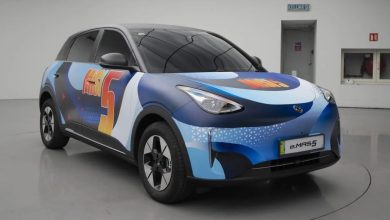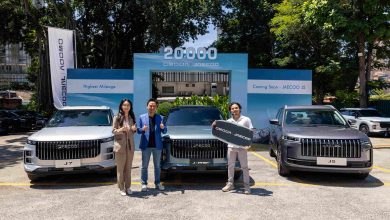Volvo Cars and Geely Auto to merge business units

The management at DRB-Hicom will be celebrating at this news, together with the team at Lotus, England as this proposed business unit merger will bring more profits for every Proton and Lotus sold in the future. With the sharing of engines, gearboxes and platforms, Volvo technology and know how will filter down to Proton and Lotus and reduced product development costs.

Volvo Cars and its Chinese owner, Geely Holdings have just released statement saying that the both of them are considering a merger to create a stronger business group. Chinese billionaire and Geely Chairman, Li Shufu who owns both Volvo Cars AB and Geely Automobile Holdings Ltd, wants to create China’s first global auto maker. Geely bought Volvo Cars in 2010 from Ford Motor Co, allowing the Swedish brand to operate on an arms-length basis which proved to be a great move and highly profitable for Geely.
Volvo already supplies engines to some Geely-branded vehicles, sharing technology through Geely’s Lynk & Co brand. Both companies share and develop common vehicle platforms. This proposed merger comes at a time when global carmakers are facing ever increasing investments to develop electric cars to meet tougher CO2 emissions limits, particularly in China and Europe, as well as technological innovation like autonomous vehicles.
In October 2019, Volvo Cars merged its engine development and manufacturing assets with Geely, creating a division to supply in-house brands Lotus, LEVC, Lynk & Co and Proton and also potential rivals with next-generation combustion and hybrid engines. With this new entity, it allowed Geely to be more technologically advanced and produce efficient combustion engines and hybrid powertrains that could be available to its brands, Geely Auto, Proton, Lotus, LEVC and LYNK & CO.
Volvo Car currently build about 600,000 combustion engines, a number that will rise to about 2 million when combined with Geely’s assets, allowing for savings on components and development costs. That move will allow Volvo Cars to more sharply focus its resources on building and developing a range of entirely electrified premium cars. Volvo Cars believes the electrification of the automotive industry will be a gradual process, meaning there will be significant ongoing demand for efficient hybrid powertrains alongside fully-electric offerings.
Last year, the global sales for Volvo Cars, which is a separate company from truck manufacturer, AB Volvo, reached a record 705,452 cars across about 100 countries. It has about 41,500 full-time employees with plants in Sweden, Belgium, South Carolina in the United States; and Chengdu, Daqing and Zhangjiakou in China.

PRESS RELEASE: Volvo Car AB and Geely Automobile Holdings Limited (Hong Kong 0175) are considering combining their businesses to create a strong global group, which would accelerate financial and technological synergies between the two companies. This would be a combination between two strong companies.
The considered combination would have the scale, knowledge and resources to be a leader in the ongoing transformation of the automotive industry. The combination would preserve the distinct identity of each of the brands Volvo, Geely, Lynk & Co and Polestar.
A combined company would have access to the global capital market through Hong Kong and with the intention to subsequently list in Stockholm as well.
Volvo Cars and Geely will create a joint working group to prepare a proposal to their respective boards.
“A combination of the two companies would result in a strong global group. We look forward to working with Håkan Samuelsson, president and CEO of Volvo Cars, to further investigate this opportunity with the goal to strengthen the synergies within the Group while maintaining the competitive advantage and the integrity of each individual brand,” said Li Shufu, Chairman of Geely Holding Group.
A transaction would be carried out in compliance with the Rules Governing the Listing of Securities on The Stock Exchange of Hong Kong Limited and be subject to mutually agreed terms and conditions, approvals of the respective boards and shareholders of Geely and Volvo Cars, regulatory approvals and prevailing market conditions.




